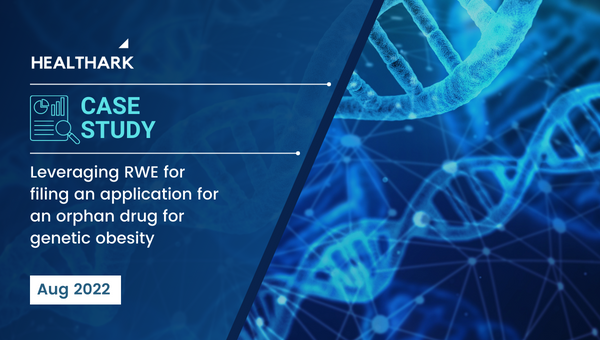Background and Scope
Our client is a real-world data CRO based in the US with a global research network to provide RWE (Real World Evidence) based solutions. The company’s key RWE offerings include machine learning, model development, biomarker development, clinical trial recruitment, and identification of undiagnosed patients. The company intends on curating real world data resources and applications for Neurology, Cardiology, Oncology and Rare Diseases to leverage its network and data capabilities to help accelerate clinical research, case extract studies and regulatory studies to support its clients.
Project Brief
The project is aimed at facilitating RWE planning to help a pharma company file an application for orphan drug designation. The company sought evidence generation from real world sources for genetic obesity. The RWE planning involved understanding the addressable market size, label definitions and disease prevalence for the application request. The client engaged Healthark Insights as an extended team to support strategic RWE planning for the gene-driven therapeutic drug.
Overall Solution
Solution proposed was to explore and analyze various genetic data sources to support market sizing for commercial strategy and to establish assumptions for investments into development and expected tolerance for reimbursement.
Healthark’s role
Healthark supported the client’s project activity in the following ways:
1 Literature Review
The team conducted literature and public data review to document the pathogenic gene and addressable population definitions, prevalence, clinical features, characterization of Loss of Function (LoF) mutations, and the list of pathogenic variants for gene deficiency.
Literature review included:
- Review of public data on frequency of known variants from public bioinformatics tools
- Review of published papers on the particular pathogenic gene variants in humans
iii. Obtaining existing estimates from commercial organizations published in abstracts or financial projects
2 Market Sizing
The team developed a patient model from existing prevalence and testing volumes to calculate the addressable market size for patient identification.
3 Genetic Testing Volume
Healthark identified genetic testing companies which provide services for the particular testing and conducted feasibility analysis to understand the existing testing volumes with pathogenic variants
4 Genetic Data Mapping
The team obtained Minor Allele Frequency (MAF) of pathogenic gene variants from biobank genetic data and identified the cases of interest.
Outcome
Based on comprehensive findings and detailed analysis, Healthark supported the client in formulating label definitions, identifying target population, and building a model for genetic testing rates during development through introduction of a drug for the orphan drug application.




